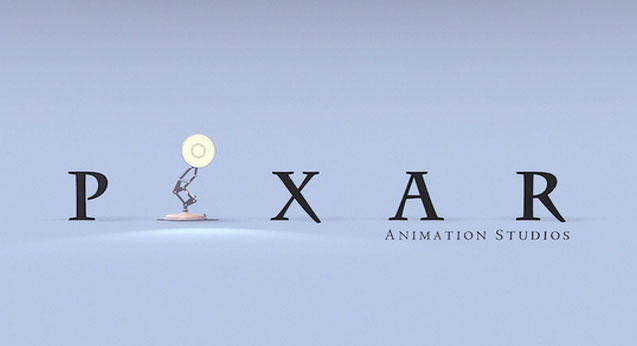3DTV
3DTV is one of the new developments in TV here is a video on how it works. You film 2 HD cameras, one for the right eye and one for the left you then merge the images together. You then put glasses on which make whatever your watching feel like if something is coming at you see it coming at you.
Satellite
When satellite television first hit the market home dishes were expensive metal units that took up a huge chunk of yard space. Satellite TV offers many solutions to broadcast and cable TV problems. Though satellite TV technology is still evolving, it has already become a popular choice for many TV viewers. It works by satellites in space recieving and sending signals.
Sky provide satellite viewing as a example.
Cable
The earliest cable systems were, in effect, strategically placed antennas with very long cables connecting them to subscribers' television sets. Because the signal from the antenna became weaker as it traveled through the length of cable, cable providers had to insert amplifiers at regular intervals to boost the strength of the signal and make it acceptable for viewing. Virgin media is a cable network.
Analog and Digital TV
In analog technology, a wave is recorded or used in its original form. A analog signal is simple but can get more disturbstances because it uses only two codes, 1 or 0. In digital technology, the analog wave is sampled at some interval, and then turned into numbers that are stored in the digital device. On a CD, the sampling rate is 44,000 samples per second. So on a CD, there are 44,000 numbers stored per second of music. To hear the music, the numbers are turned into a voltage wave that approximates the original wave.
Interactive TV
Interactive TV is using methods to interact with your TV from your remote like when you use the red button to vote for something on sky for something like the X-factor.
HDTV
High-definition television (HDTV) is video that has resolution substantially higher than that of traditional television systems (standard-definition television). HDTV has one or two million pixels per frame, roughly five times that of SD. Early HDTV broadcasting used analog techniques, but today HDTV is digitally broadcast using video compression.
Streaming Media and Internet Television/on-demand viewing
Internet television (otherwise known as Internet TV, or Online TV) is the digital distribution of television content via the Internet. Some Internet television is known as catch-up TV. Internet Television is a general term that covers the delivery of television shows and other video content over the internet, typically by major traditional television broadcasters. It does not describe a technology used to deliver content (see Internet protocol television). Internet television has become very popular through services such as RTÉ Player in Ireland; BBC iPlayer, 4oD, ITV Player (also STV Player and UTV Player) and Demand Five in the United Kingdom; Hulu in the United States; Nederland 24 in the Netherlands; ABC iview and Australia Live TV in Australia; and Tivibu in Turkey.
Digital Recorders
Digital recorders let you record live TV to watch at a later date they also let you pause and rewind live tv. The Sky HD box can record up to 60 Gigabytes of programming, record entire series through series link and record up to 2 programmes simultanously and more.
Pay-per-view
Pay-per-view (PPV) provides a service by which a television audience can purchase events to view via private telecast. The broadcaster shows the event at the same time to everyone ordering it (as opposed to video-on-demand systems, which allow viewers to see recorded broadcasts at any time). Events can be purchased using an on-screen guide, an automated telephone system, or through a live customer service representative. Events often include feature films, sporting events and entertainment.
Sky in the UK have the channel SkyBoxOffice for their pay per view options.
CGI
Computer-generated imagery (CGI) is the application of the field of computer graphics or, more specifically, 3D computer graphics to special effects in art, video games, films, television programs, commercials, simulators and simulation generally, and printed media. The visual scenes may be either dynamic or static.
An article on CGI can be found here http://www.buzzle.com/articles/what-is-cgi-animation.html



